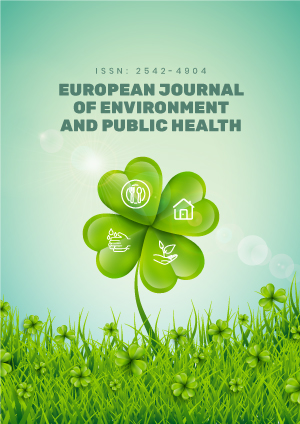Abstract
Background: Health outcomes are closely influenced by health literacy levels. In most cases, lower health literacy levels have been found to be related to higher prevalence and incidence of non-communicable diseases (NCDs)–including cardiovascular and cerebrovascular diseases, cancer, diabetes, hypertension, and other chronic respiratory diseases. Despite this wealth of knowledge on the relationship between literacy levels and NCDs, most previous studies have been on the incidence and the prevalence of NCDs.
Aims: This study therefore sought to assess the factors influencing non-communicable diseases literacy levels, Vihiga County (Kenya).
Methodology: The study used a qualitative cross-sectional study design to collect data through though questionnaires and interview guides administered through focused group discussions and key informant interviews. A sample size of 55 respondents was used in this study–mostly the IPAB project (Improving Priority and Budget Allocation to NCDs in Vihiga County) beneficiaries. The data collected from this study was coded using Microsoft excel version 25 and analyzed using statistical packages for social sciences (SPSS version 25) and inductive data analysis (IDA) for the qualitative data collected was analyzed through traditional significance test.
Results: The study reported that community health programs and initiatives on NCDs, patient support groups, culture and misinformation influence NCD literacy levels. The study findings indicate that culture and misinformation, patient support groups, and community health programmes and initiatives are three key components that need to be considered when improving NCDs literacy levels.
Conclusion: The study also concludes that IPAB project helped boost the resident’s knowledge and understanding of NCDs. The findings of this study offer critical insights to Vihiga County Government to tailor their NCDs advocacy programs to fit local context thereby enhancing the knowledge and understanding on NCDs.
License
This is an open access article distributed under the Creative Commons Attribution License which permits unrestricted use, distribution, and reproduction in any medium, provided the original work is properly cited.
Article Type: Research Article
EUR J ENV PUBLIC HLT, Volume 6, Issue 1, 2022, Article No: em0108
https://doi.org/10.21601/ejeph/12021
Publication date: 15 Apr 2022
Article Views: 2814
Article Downloads: 2080
Open Access References How to cite this article
 Full Text (PDF)
Full Text (PDF)